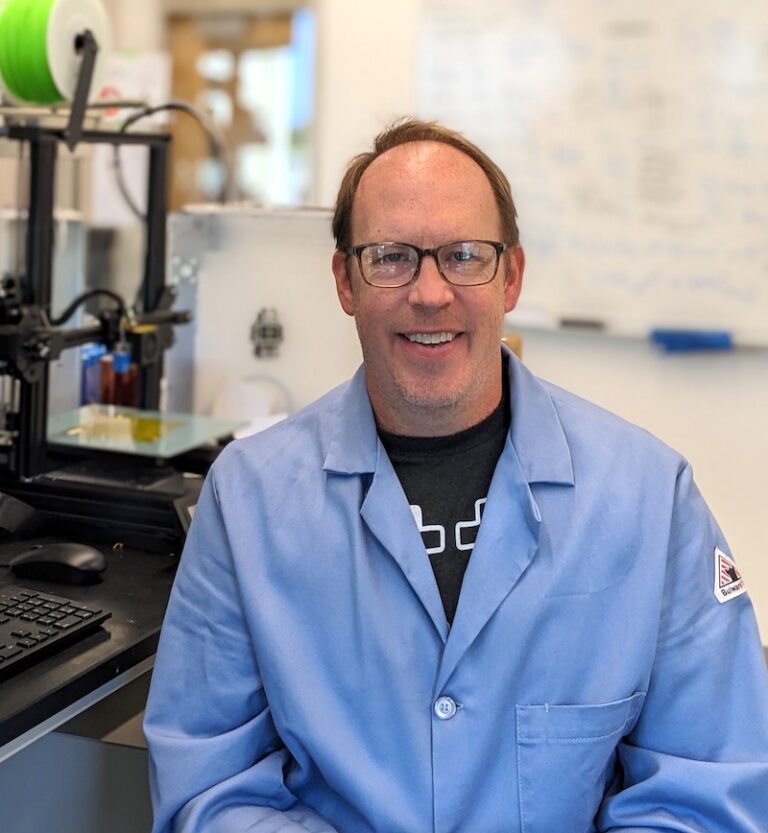Billions of pounds of food go to waste every year in the United States and in other parts of the world. It is an astounding number, especially when you consider all the precious resources, like water, that goes into producing that food. Then there are all the greenhouse gases going up into our air, from farm machinery, and from vehicles used to transport the food to factories and stores. And all the time and effort of countless farmers and other workers. Processed food has an even larger carbon footprint, because of the fuels used to power factories to produce those potato chips that you left on your plate at the restaurant.
It’s a gigantic problem that requires solutions, and that’s what a team of researchers is working on. Their work is funded by the National Science Foundation and in this program, we’ll find out what they are doing.
Professor Hartings and the RECIPES Network are funded through NSF award number 2115405. Any opinions, findings and conclusions or recommendations expressed in this material are those of the author(s) and do not necessarily reflect the views of the National Science Foundation
Play podcast

Matthew Hartings is an Associate Professor of Chemistry at American University (AU) where he studies food chemistry and designs new materials for 3D printing. Matt is the AU lead on a National Science Foundation supported project to study food waste and develop optimized strategies for effectively and equitably address food waste and insecurity issues.
Check Mothering Earth on your favorite podcast platform using the links below. For more recent programs, check out our Archives page.
Since it began in 2015, Mothering Earth has been bringing listeners informative programs on a broad range of environmental and sustainable living topics .
